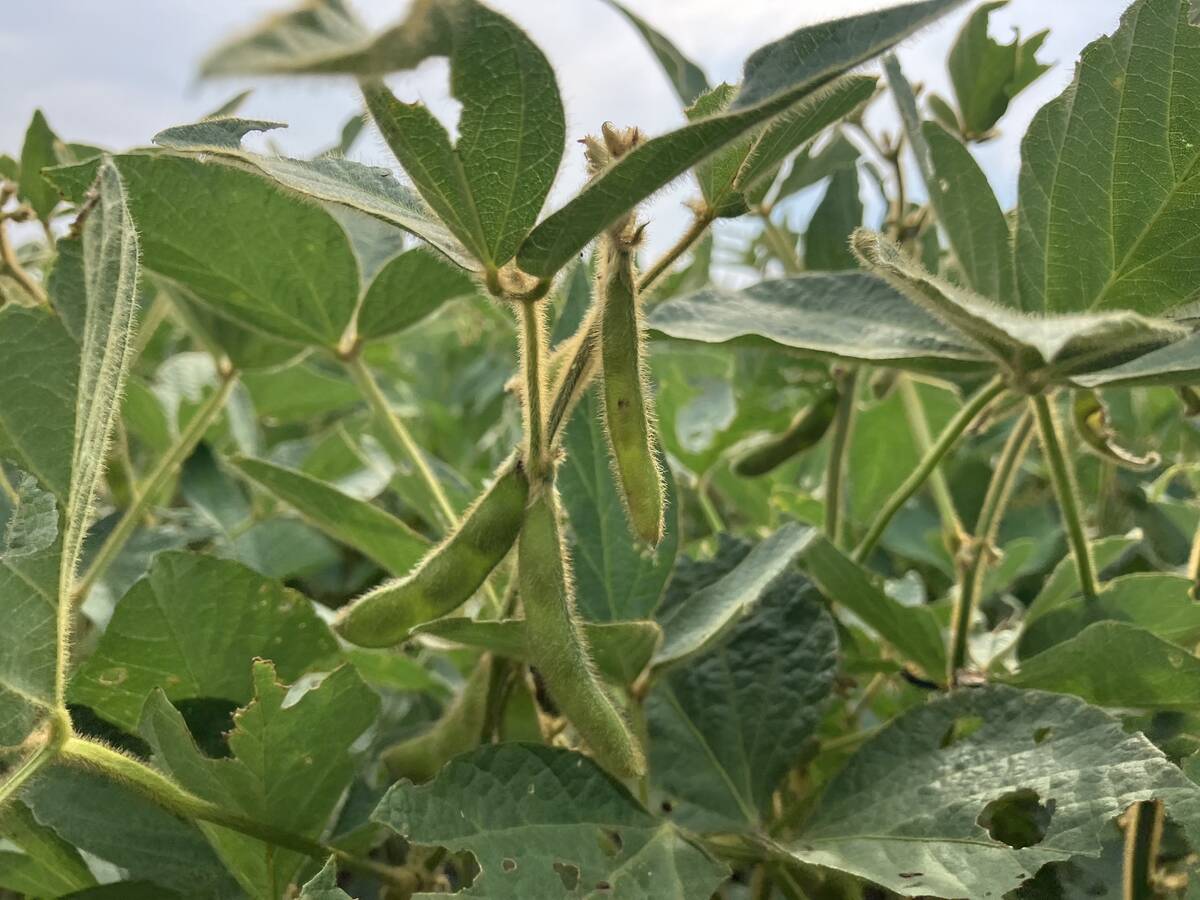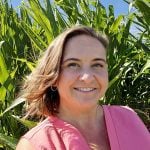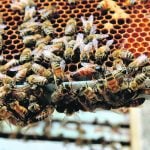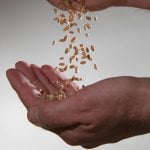Judge says a company that lends farmers money to ‘own’ land, but reaps revenue and capital appreciation, is in fact, the landholder
A judge has ruled in favour of Sask-atchewan’s Farm Land Security Board in a case that could have redefined how land is sold in the province.
Skyline Agriculture wanted to lend Saskatchewan farmers the money to buy farmland and then provide a land value hedge against the risk of changing land values.
Skyline would assume a portion of the land value risk but the land would continue to be 100 percent owned by the farmer.
The company financed a 15-acre purchase of Saskatchewan farmland to test the unique financing model against the province’s land ownership rules, which restrict non-Canadians from owning more than 10 acres of Saskatchewan farmland.
Read Also

U.S. loses out on sales of soybean to China
U.S. soybean exporters risk missing out on billions of dollars worth of sales to China this year as trade talks drag on and buyers in the top oilseed importer lock in cargoes from Brazil.
Skyline has admitted the money used to finance land purchases will come from foreign investors. However, it felt that the financing arrangement complies with the province’s land ownership rules since the land would be 100 percent owned by local farmers.
The Farm Land Security Board disagreed with that interpretation and ruled that the purchase violated the Saskatchewan Farm Security Act.
Skyline appealed the ruling but the Court of Queen’s Bench upheld the board’s decision in a 44-page judgment handed down on March 26.
“This appeal brings into sharp focus two competing forces: international investors seeking to gain some measure of access to Saskatchewan’s agriculture scene versus legislation designed to protect ownership of Saskatchewan’s farmland primarily for Canadian residents,” said Justice Donald Layh.
Much of the decision centered on whether the court should apply the stringent correctness standard of review or the more relaxed reasonableness standard.
Layh determined he would apply the reasonableness standard and that the board was reasonable in determining that Skyline would have the ability to control the operation and management of the farm, would get 18 percent of its gross revenue and benefits from any capital appreciation of the land.
The judge agreed that those are rights and controls normally accruing to the landholder.
Mark Folk, general manager of the Farm Land Security Board, called the ruling a precedent-setting decision.
“If they were the winner and their proposal would have gone forward it would have, in the board’s view, had an impact on non-Canadians having a landholding in Saskatchewan farmland.”
Folk said the decision makes it clear that just because you are not the owner of the farmland on paper doesn’t mean you are not in violation of the act if you are receiving the benefits of farmland ownership.
“One way to put it is if you can’t do it directly you probably can’t do it indirectly either,” he said.
Folk said members of the investment community were closely following the court case.
Mark Reineking, president of Skyline, was contacted for the story but declined to comment while the company is mulling over a possible appeal.
Saskatchewan is considering making changes to the Farm Security Act that could prevent groups like the Canada Pension Plan Investment Board from buying farmland in the province and companies like Skyline from exploiting loopholes in the legislation.

















